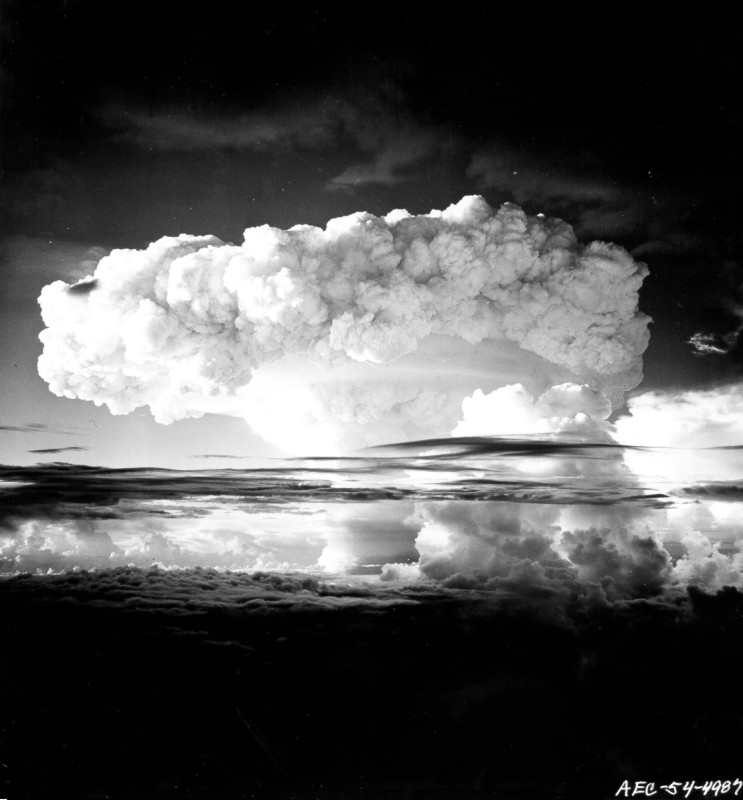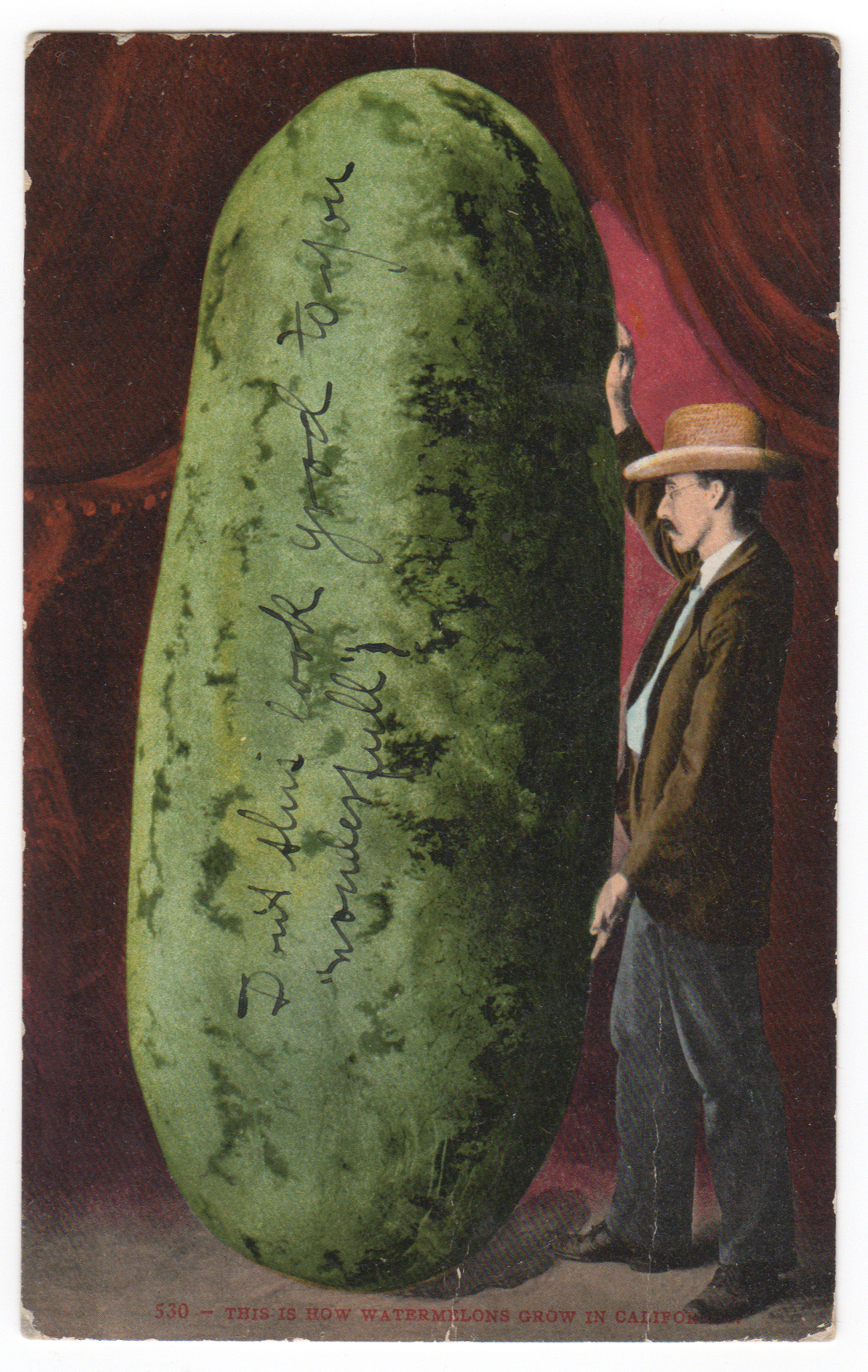
Apocalypse:Meaning and etymology
Apocalypse, from Greek ‘apokalypsis’ (unveiling), refers to a prophetic revelation and is often linked with world-ending events.
But you don't know it

Apocalypse, from Greek ‘apokalypsis’ (unveiling), refers to a prophetic revelation and is often linked with world-ending events.

Topos, from Greek τόπος (place), in rhetoric means a common theme or motif, and literally refers to a location.

Dystopian, from Greek ‘dys’ (bad) and ‘topos’ (place), describes an imagined oppressive and miserable society.”

Ecosystem, from Greek ‘oikos’ (home) and ‘-system’, denotes a biological community and its interacting environmental elements.

The term “bucolic” is used to describe anything pertaining to the countryside or rural life, often evoking an idyllic, pastoral, and peaceful image of country living. It is frequently associated with the simplicity, charm, and natural beauty of rural scenes and landscapes.

Aeroplane, from Greek ‘aēr’ (air) and ‘planos’ (wandering), refers to a powered flying vehicle with fixed wings

Paradox, from Greek ‘para’ (against) and ‘doxa’ (opinion), denotes a statement that defies conventional logic.

Hyperbole, from Greek ‘hyper’ (over) and ‘bole’ (throw), refers to exaggerated statements for dramatic effect.

From Greek ‘monos’ (alone) and ‘polein’ (to sell), Thales of Miletus exemplified ‘monopoly’ by cornering the olive press market.

The term “epidemic” is used to describe the rapid spread of a disease across a particular population or region within a short period. It characterizes a situation where the number of cases of an illness, specific health-related behaviour, or other health-related events exceeds normal expectancy.